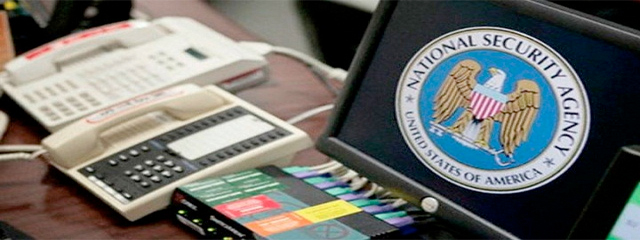The second round of the EU-US negotiations to create the transatlantic free trade area known as TTIP (Trans-Atlantic Trade Investment Partnership) had to be cancelled because American negotiators did not have the money to travel to Europe. Literally. The US Government was closed: there was no money to keep ‘non-essential’ governmental functions on. So there was no negotiation. Blame Ted Cruz, the firebrand Republican senator who triggered the whole backlash with his 21-hour speech against Obamacare that included an impersonation of Darth Vader. It was another example of how the so-called ‘greatest deliberative body in the world’—aka, the US Congress—works.
Since then, another crisis has hit the negotiations. This time, the main culprit seems to be Edward Snowden and his revelations about how the US National Security Agency (NSA) is bugging everyone’s phones and computers—including, German Chancellor Angela Merkel’s mobile phone, for instance. US defense and national security apparatus have responded to the crisis with a simple shrug of the shoulders. However, the concern is much more palpable in the US Treasury, the Commerce Department and the USTR (the office of the US Trade Representative).
The issue at stake is not so much one of national security, but one of trade. The EU has far more strict privacy rules than the US, and that regulatory difference is already a contentious point in the negotiations. Now, it is clear that the US has a, let’s say, ‘flexible’ approach to the concept of privacy. The question, therefore, is: if the EU is going to relax its privacy regulations even more in order to make the TTIP happen, where will Americans end up? Will Angela Merkel discover one day that the NSA has not only tapped her cellphone, but that the US Navy has already a nuclear submarine in her bathtub?
So far, however, it seems that Merkel is ready let the Americans do it their own way. The German Chancellor has made the TTIP her ‘pet project’. For a mercantilist like Merkel, nothing is more important than guaranteeing free trade—as long as the German companies, of course, keep the upper hand—, and she incessantly lobbied the Obama Administration until she got Washington’s nod to the free trade agreement. The Italian Government considers the TTIP the cornerstone of its presidency of the EU, which starts on January 1st, 2014.
Then, there are the numbers. Brussels is firmly convinced that the US has more to win from the TTIP than the US. Therefore, withdrawing from the negotiations or putting additional problems to an already complicated process would be akin to what China did in 1999, when the US Air Force bombed its Embassy in Belgrade. In that occasion, Beijing withdrew from the negotiations to enter the World Trade Organization (WTO), just to come back, cap in hand, a few months later.
So, it seems that even the NSA cannot derail the TTIP. At least for now, Ted Cruz is far much a worry for trade negotiators than Edward Snowden is.






Be the first to comment on "Even NSA cannot derail the TTIP"